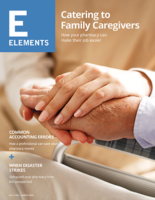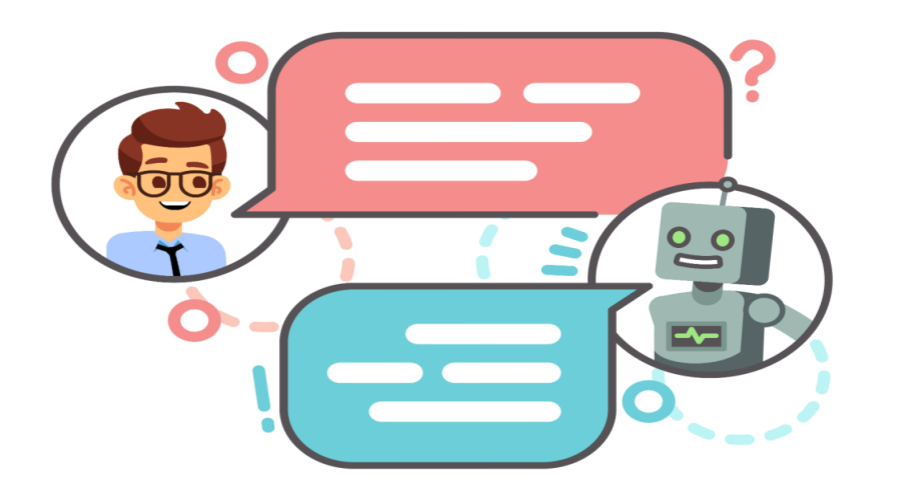Many of your patients are unaware of the relationship between their medications and nutrition.
As an independent pharmacist, you have an opportunity to educate your patients about these topics.
You can help your patients effectively manage their disease states, better utilize their prescriptions and improve their diet. (And promote your front end in the process!)
Here are three nutrition-related opportunities to try.
1. Food-drug interactions
Many of your patients might not know that the foods they eat can reduce the effectiveness of their medications, or even harm their overall health.
Most people wouldn’t think of spinach as harmful, for example. Yet, as you know, if a patient is taking an anticoagulant, then eating spinach could reduce the effectiveness of the medication.
By educating your patients on potential food-drug interactions, you can help ensure that their medications work as intended.
And when you educate patients, you promote your pharmacy as an expert in nutrition and diet.
2. Drug-induced nutrient depletion
Many patients aren’t aware that the medications they’re taking to improve their health may also be depleting essential nutrients in their bodies.
For example, as you know, cholesterol-lowering drugs lower levels of coenzyme Q10, and antihypertensive medications can deplete potassium, magnesium, sodium and zinc.
Keep your patients informed about how their medications might affect their bodies’ nutrients and point them toward your front end. You can do this by passing out flyers with prescriptions. Or even by posting about it on social media.
When you recommend nutritional supplements or vitamins to patients, they’ll appreciate the one-on-one advice from their pharmacist.
3. Drug-supplement interactions
Patients often neglect to let you or their physician know what supplements they’re taking. As you know, supplements can negatively interact with prescription drugs.
Educate your patients about harmful drug-supplement interactions. And then work with them to find a new supplement that won’t impede their medication.
You can do this when counseling patients. Always ask what supplements they take. This will help build awareness for the potential harmful interactions between medications and supplements. And, it will encourage your patients to be more transparent about what they use.
Educating your patients on these topics is as simple as having a conversation when patients pick up their prescriptions, or you could even distribute educational materials tailored toward individual prescriptions. These nutrition education opportunities will help you connect with your patients, positively influence their health and build loyalty to your pharmacy.
Get pharmacy business ideas like these sent straight to your inbox. Sign up for our weekly e-newsletter.












